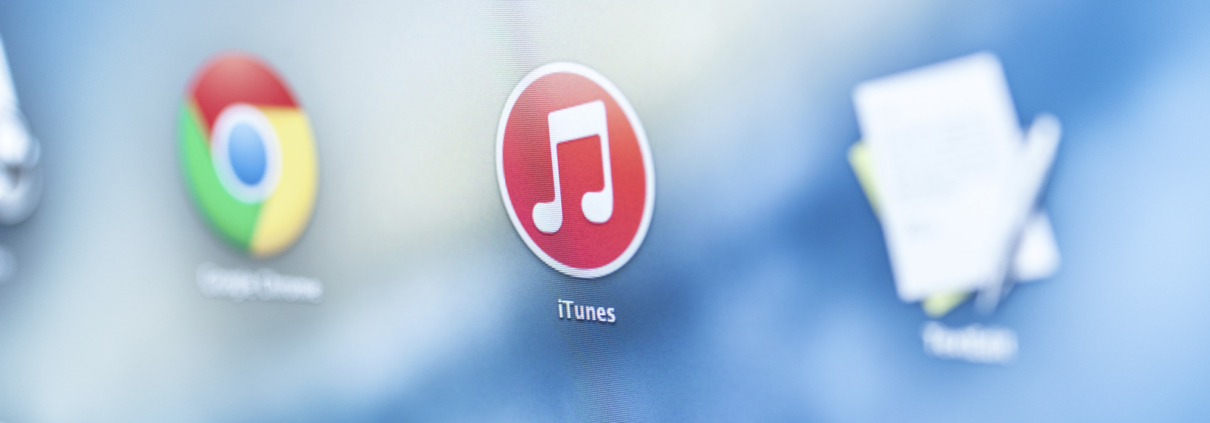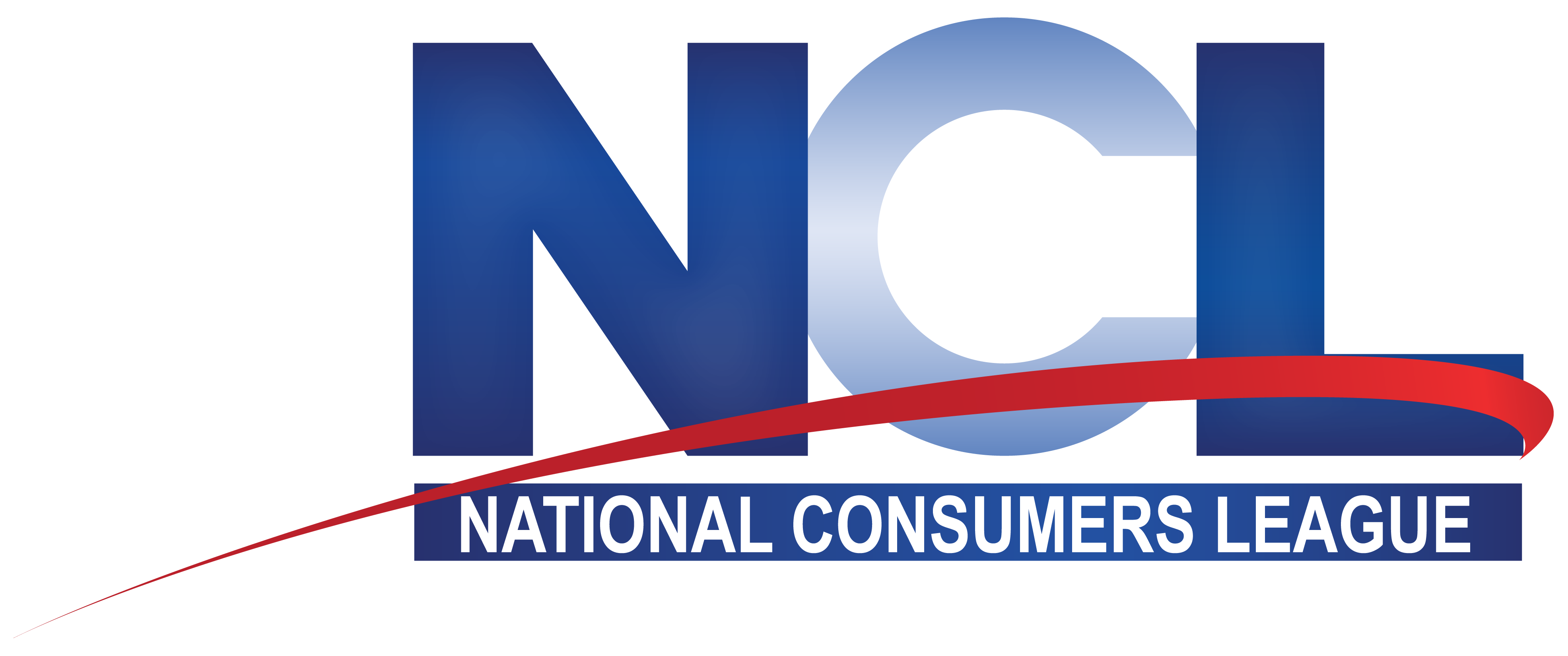Payment via iTunes? Red flag it’s a scam – Fraud.org
Millions of consumers use iTunes to purchase and listen to their favorite music. Unfortunately, scammers are always on the lookout for new ways to get paid for their swindles, and some have latched on to the popular music service as a new way of bilking consumers. No, they’re not looking for the new Adele album. Instead, they’re focused on the iTunes gift cards that are sold by retailers across the country.
NCL has recently received an increasing number of complaints from consumers who report that they’ve lost money after a fraudster asked them for payment via an iTunes gift card as a part of a scam. We’ve seen this happen in the context of fake online loans (where the consumer is instructed to pay for “application and processing fees,” for example) and bogus car buying (e.g., cheap car advertised online, payment requested for “insurance” or “shipping”.) We’ve also seen reports of scammers demanding payment via iTunes gift cards in fake debt scams and impersonator scams (also known as “grandparent” scams.)
Here’s how the scam works: First, the scammer instructs the consumer to go to a retailer (such as a grocery or drugstore) and purchase and load an iTunes gift card with hundreds of dollars. The scammer then instructs the consumer to provide the 16-digit code on the back of the card (after the buyer scratches or peels off the label) to the scammer via email or text message. Once this is done, the funds on the card are quickly depleted by the scammer and the consumer victim is left with a worthless piece of plastic. The scammer may ask for additional funds (again, paid for via iTunes gift card) for other bogus “fees.” This often continues until the victim catches on and refuses further payment.
A complaint we received recently from a consumer in California is typical of the scam:
“I saw an ad for a 2008 Honda Civic LX for $2,500. For such a price, I was interested so I contacted the seller through the website. She responded the next day and said I would be able to pay her through a third party. I ended up receiving an email which I thought was from Apple Pay. It seemed legitimate so I followed the instructions on the invoice, bought $2,500 worth of iTunes cards and sent an email with the cards and the receipts. I thought it was proof of purchase and I got a confirmation email, so I thought everything was alright. Then a day later I got an email asking for $1,000 for insurance purposes and the same method of payment so I sent it over. When I did not get a confirmation email I got concerned and emailed the owner and she said the car was being shipped. After that, I didn’t hear anything more.”
There’s a thriving black market for stolen iTunes gift codes sold at steep discounts. This enables scammers to turn those stolen codes into cash before the victim catches on. Here are some tips to help you spot these scams and avoid getting added to a scammer’s playlist:
-
If you are asked to pay for a product or service via an iTunes gift card (even if it’s associated with another Apple payment product like Apple Pay) it’s a scam.
-
Do not give out the code on the back of an iTunes gift card to anyone. This code is all that’s needed to drain the card of all its value.
-
If you want to send an iTunes gift to someone, the safest way to do it is via the iTunes app (on iOS devices like iPhones or iPads) or the iTunes desktop program. Instructions on sending iTunes gifts are available here.
-
If you’ve already purchased the card and provided the code to someone you think is a scammer, contact Apple immediately via https://getsupport.apple.com/ to see if they can cancel the card before funds get depleted.
Have you been a victim of an iTunes gift card scammer? We want to know! You can file a complaint at Fraud.org via our secure online complaint form. We’ll share your complaint with our network of more than 90 law enforcement and consumer protection agency partners who can and do put fraudsters behind bars.






